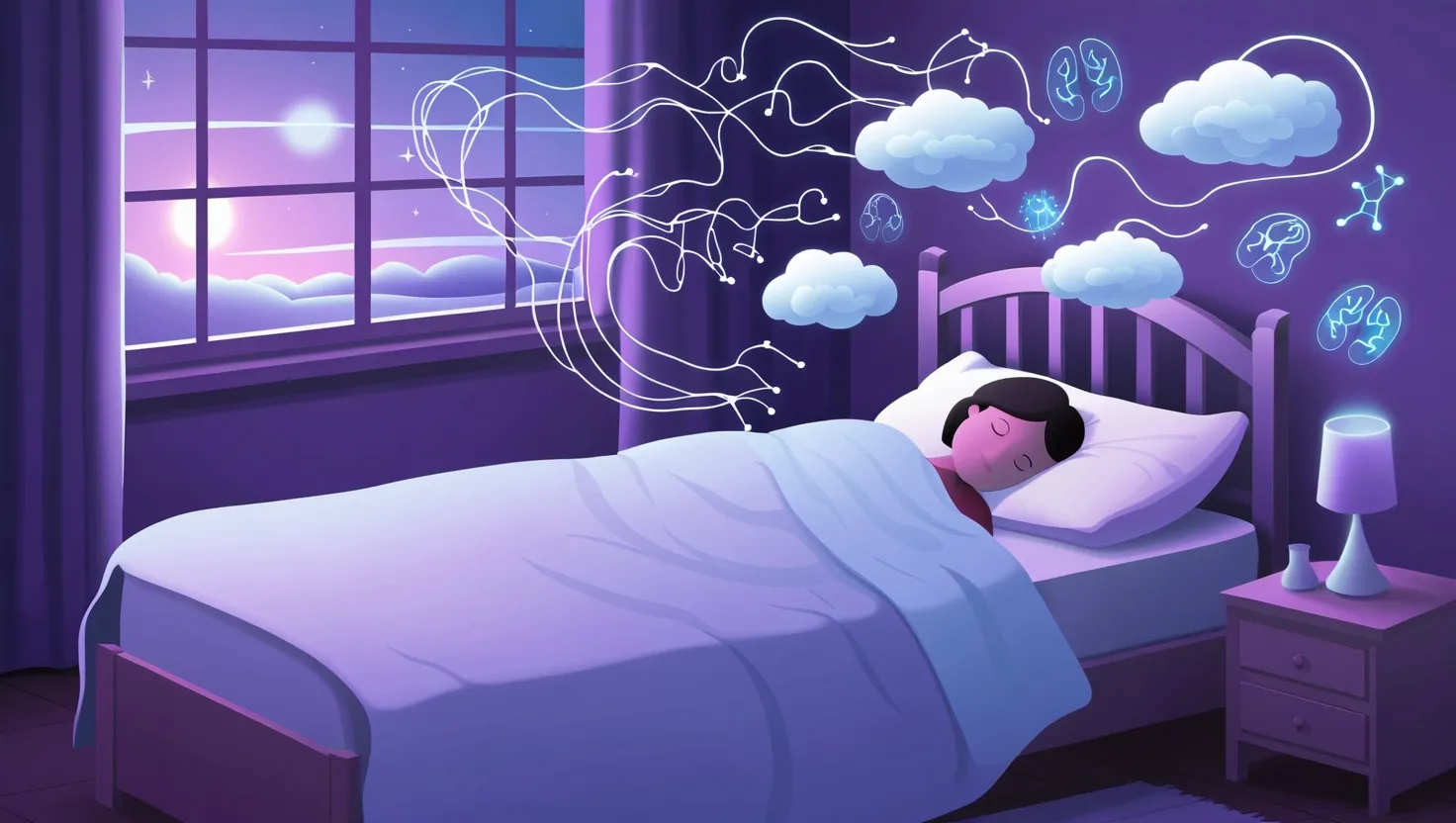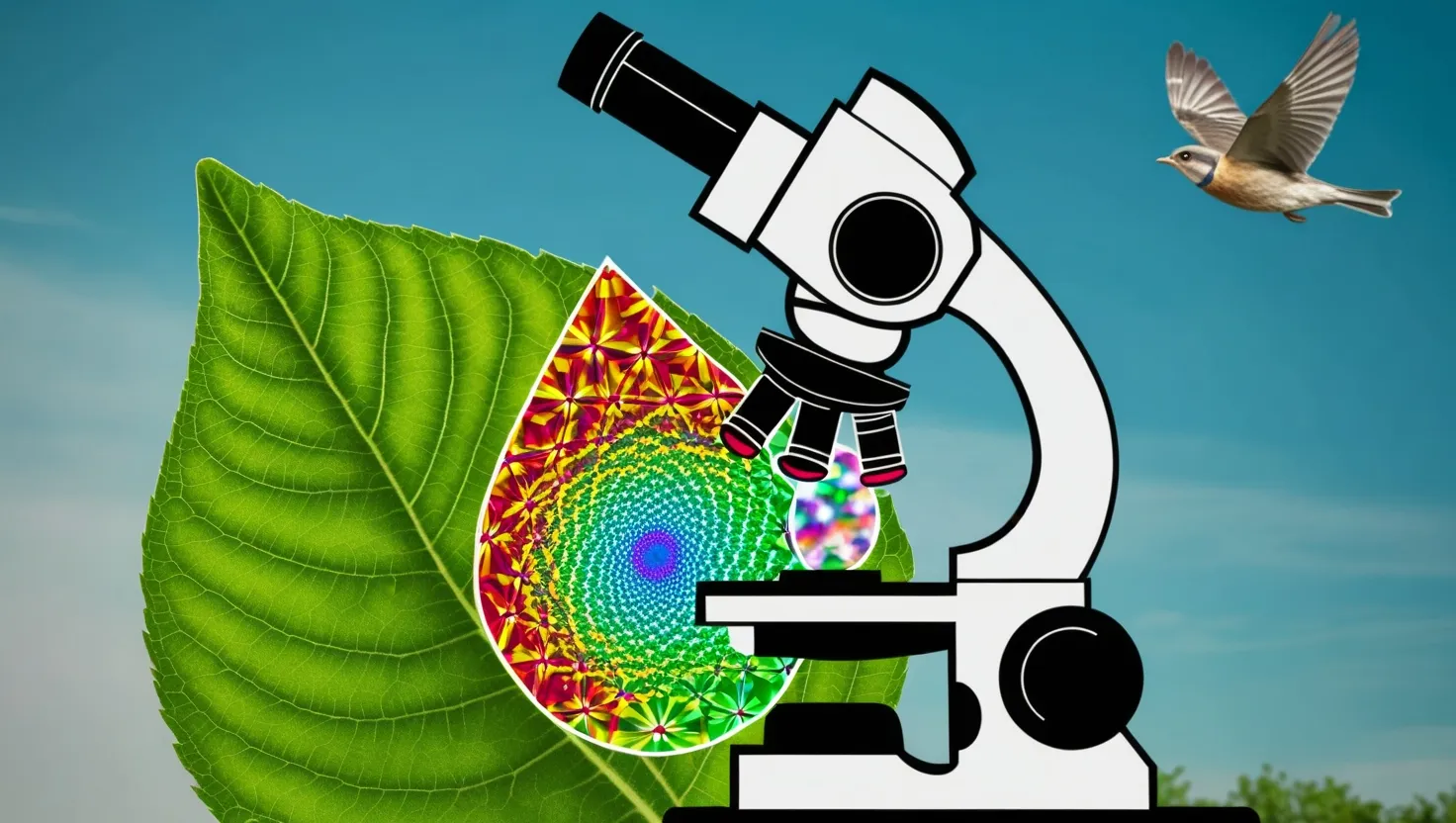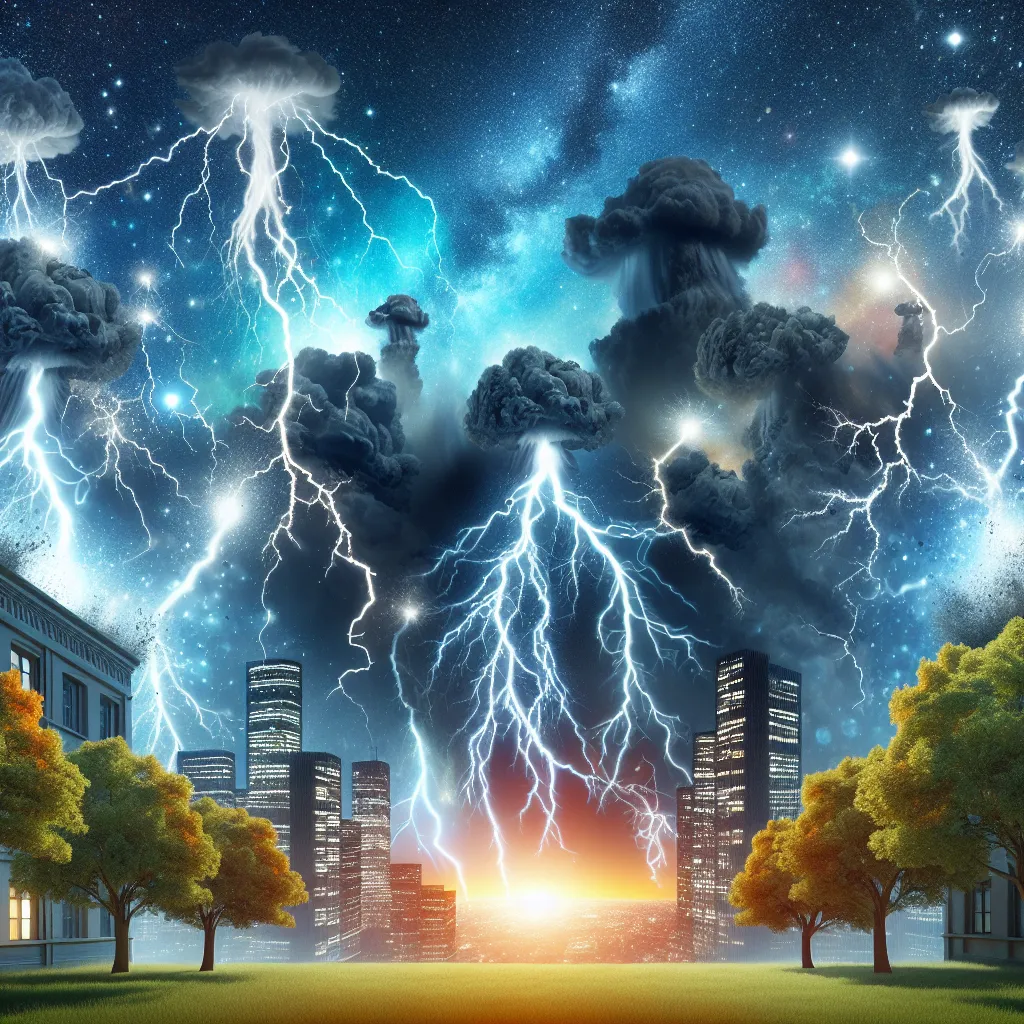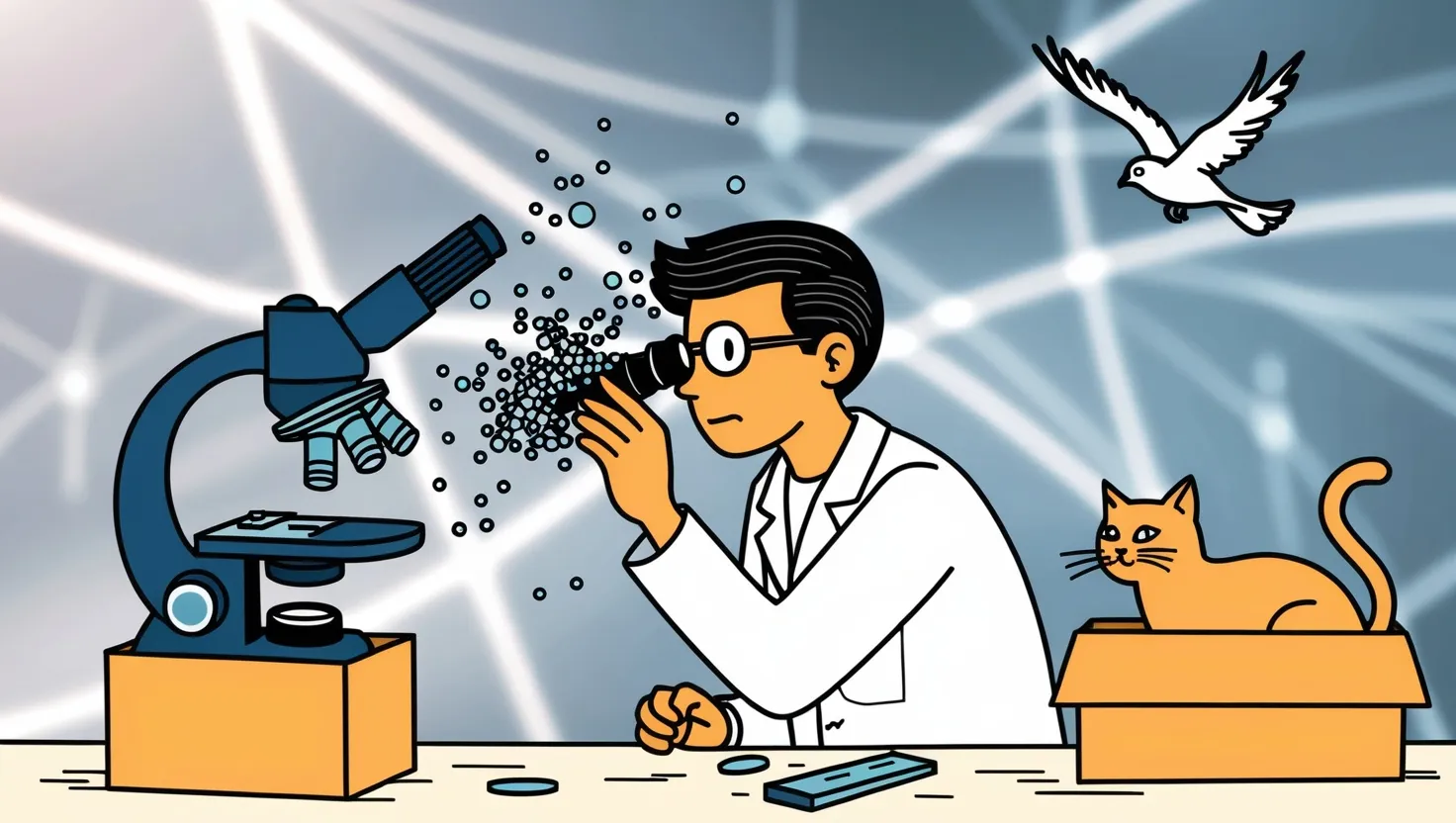Sleep is a subject I find endlessly fascinating. As much as we know about it—a cycle our bodies need every single day—there are mysteries tucked away in the folds of night that intrigue even the most seasoned scientists. I’ve often wondered, as I fall into dreams or toss and turn before dawn, what’s really going on inside my mind and body? Is sleep only rest, or does it hold secrets we have yet to fully grasp?
Let me guide you through five remarkable puzzles about sleep. These aren’t just questions for experts; they shape how we experience life, learn, remember, and even how we dream.
“Sleep is the best meditation.” — Dalai Lama
Why do we dream? I’ve asked myself this question many times. Scientists usually say our most vivid dreams happen during REM sleep, the phase where the brain lights up with activity despite our muscles lying nearly motionless. Dream theories span a wide landscape—from the idea that dreams help us sort memories, to the thought that they process our emotions. Curiously, not all researchers agree on which theory makes the most sense. Some even believe dreaming is a side-effect of random neural firing. And did you know: people dream during non-REM sleep, too, but those dreams tend to be less story-like? Have you noticed if your dreams ever solve problems or replay stressful days? That may be your brain’s attempt to make sense of your waking world. Yet, the question remains: Why does our mind craft such elaborate and sometimes bizarre narratives when we sleep? Is there a function we haven’t even imagined yet?
“Dreams are today’s answers to tomorrow’s questions.” — Edgar Cayce
Memory is another central piece of the sleep puzzle. I’ve experienced firsthand that studying late at night is less effective than a well-rested brain. Most experts agree that sleep plays a key role in making short-term memories more permanent. During sleep, especially the deep stages, our brains seem to replay the events of the day, strengthening the important details while discarding the unnecessary. But here’s where things get tricky. Though we understand sleep is essential for memory, we haven’t fully mapped out precisely how the brain goes about consolidating these memories. Some research points to the shifting of information between the hippocampus and the cortex. However, the specific neural patterns, molecular changes, and timing are still being investigated. Isn’t it astonishing that, despite decades of study, the exact process that sharpens your mind overnight remains partially unexplained? Do you ever wake up remembering something you couldn’t recall the day before? That might be sleep working its magic. Still, how it really happens is an open question.
“There is a time for many words, and there is also a time for sleep.” — Homer
Each stage of sleep has its own character and possible purpose. Non-REM sleep—the deeper, quieter side—has long been associated with letting our bodies heal and replenish. Cell repair, immune function, and hormone release are all linked to this phase. Then there’s REM sleep, with its flickering eyelids and swirling dreams, tied to emotional processing and creativity. What I find truly captivating is how the specific functions of each stage haven’t been nailed down with certainty. For instance, deep non-REM sleep might be crucial for physical recovery, yet REM sleep could help regulate mood or even encourage brain plasticity. The interplay between these stages could determine how well we learn, how stable our emotions are, or even how creative we feel after waking. Some scientists even speculate that skipping certain stages—due to stress or medications—can change the pattern of our thoughts or our ability to cope. Have you ever noticed your mood or focus shift after a restless night? You might be feeling the ripple effects of missing a vital sleep phase.
“A good laugh and a long sleep are the best cures in the doctor’s book.” — Irish Proverb
There’s a twist when considering sleep disorders. I’ve met people frustrated by insomnia or plagued by sudden sleep attacks known as narcolepsy. Even though these conditions affect millions, their causes remain a puzzle. Genetics play a part—a faulty gene can affect the systems that control sleep and wakefulness—but environmental triggers and stress also have influence. Interestingly, many sleep disorders show links to other mental and physical health issues, hinting at a complex web of connections. Narcolepsy, for example, is now thought to be partly autoimmune. Insomnia may be tied to stress, anxiety, and even changes in brain chemistry. Treatments vary widely, from medication to behavioral therapy, yet no cure fits all. It makes me wonder: if we understood the origins of these disorders better, could we find more effective ways to help those suffering? Maybe you’ve struggled with sleep at some point—what do you think triggered it? Could it be a combination of many factors, invisible beneath the surface?
“The best bridge between despair and hope is a good night’s sleep.” — E. Joseph Cossman
One of the most surprising mysteries, in my opinion, is why sleep evolved in the first place. When I consider that nearly every animal sleeps—from tiny insects to massive whales—I’m struck by the fact that sleep puts creatures at real risk. While sleeping, animals lose awareness, making them vulnerable to predators or environmental dangers. Despite this, sleep still persists across species through millions of years. Some theories suggest sleep is essential for brain detoxification, flushing out waste that builds up during wakefulness. Others argue that it conserves energy or resets the nervous system. Birds and aquatic mammals have adapted with special forms of sleep—like unihemispheric sleep, where one side of the brain rests while the other remains alert. These quirks point to sleep serving a fundamental, perhaps irreplaceable, role in survival. But exactly what that role is continues to challenge animal scientists and evolutionary biologists. How do you think the benefits of sleep outweigh its risks? Is there a hidden advantage we have yet to discover?
“Man is a genius when he is dreaming.” — Akira Kurosawa
As I reflect on these five mysteries, I’m struck by how much we still don’t understand. Sleep isn’t just something we do passively; it’s a complex, active process happening in our brains and bodies, filled with more questions than answers. From the purpose of our dreams to the evolution of sleep itself, each puzzle is waiting for new insights—maybe from future researchers, or maybe, one day, from our own experience.
What kinds of dreams do you remember most vividly? Have you ever found an idea or solution in your sleep? Why do you think some nights leave you refreshed, while others linger with fatigue? The science of sleep is, in many ways, a reflection of our personal stories.
Each time I close my eyes, I’m reminded that the mysteries of sleep aren’t just for labs and theories. They’re also embedded in each dawn, in every dream and forgotten memory, quietly asking us to seek, wonder, and discover more about ourselves.






